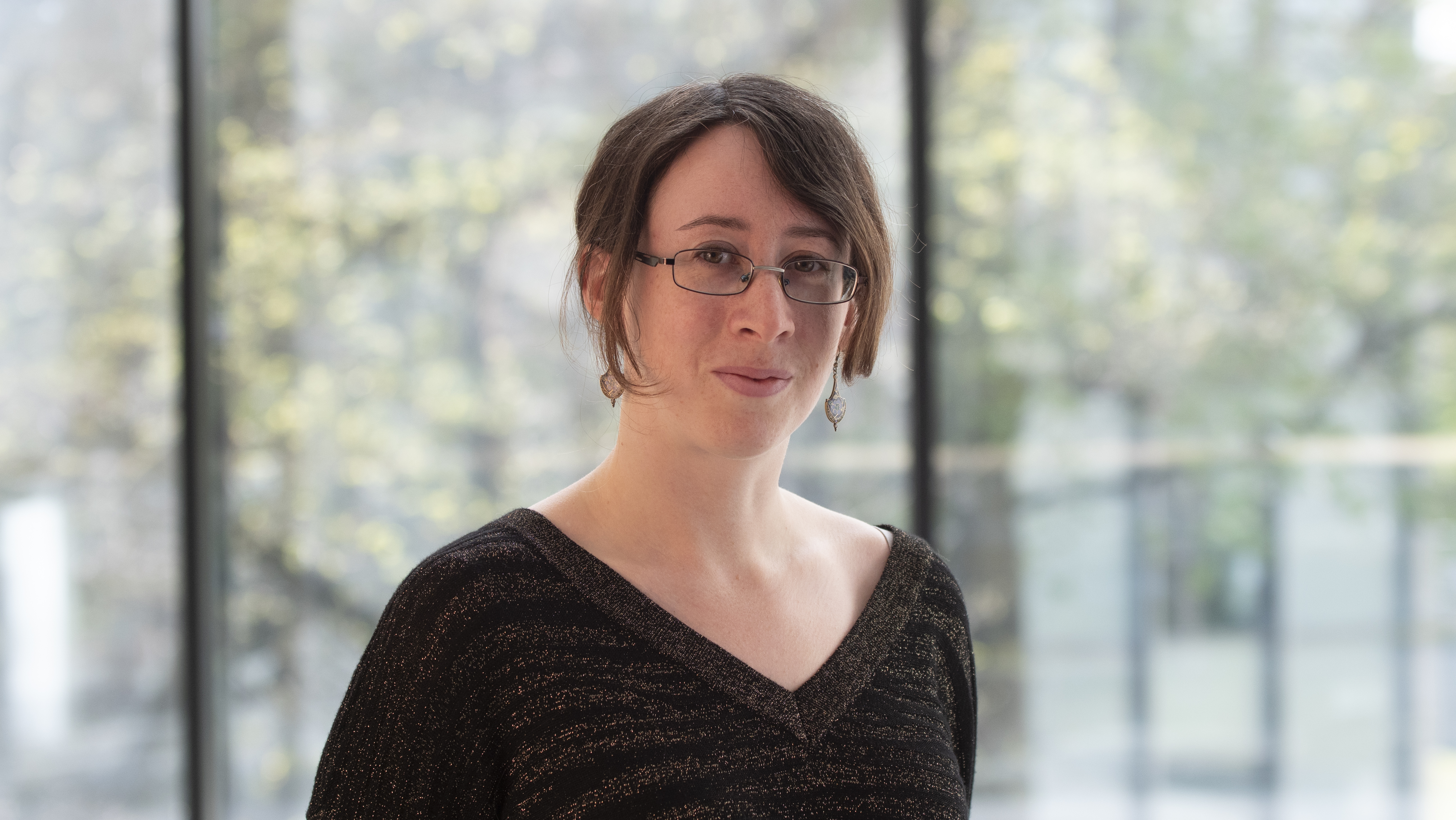Amy R Cross, United Kingdom has been granted the TTS Scientific Congress Award

I am a researcher in the Translational Research Immunology Group (TRIG) at the University of Oxford, focusing on developing novel therapies to establish transplant tolerance. My work includes exploring interleukin-2-based compounds, modulation of iron availability, and adoptive Treg transfers. I completed my PhD at Université Paris Sorbonne, where I studied how human endothelial cells modulate immune responses and the impact of transplant-associated microenvironmental factors. Additionally, I am a member of the Basic Science Committee of the Transplantation Society (TTS).
My current research program centers on chronic tolerance and local injury in liver disease. I aim to uncover both common and disease-specific processes of intratissue inflammation and tolerance through multi-omic analysis of human liver samples. This research provides insights into cellular resistance to the hepatitis B virus (HBV), transplant pathology, and cancer development.
Combination therapy of low dose regulatory T cells and low dose IL-2 for transplant tolerance
Amy Cross1, Sarah M Short1, Eun Mi Hur2, Francisco Ramirez-Valle2, Joanna Hester1, Fadi Issa1.
1Nuffield Department of Surgical Sciences, University of Oxford, Oxford, United Kingdom; 2Bristol Myers Squibb, New York, NY, United States
Translational Research and Immunology Group (TRIG), University of Oxford.
Introduction: Regulatory T cell (Treg) therapy holds significant promise in transplantation, but is complicated by the need for high cell doses, variable Treg expansion and the presence of concurrent immunosuppression that can impair Treg survival and function. Interleukin-2 (IL-2) has emerged as a pivotal cytokine capable of enhancing Treg survival, proliferation, and function. To address concerns regarding its potential non-specific effects on T effector cells, modified versions such as muteins (mIL-2) have been developed. These aim to enhance cellular specificity and prolong the half-life of IL-2, augmenting its therapeutic potential. In this study, we sought to determine whether mutein IL-2 (mIL-2) treatments could improve the efficacy or potency of adoptive Treg therapy in promoting tolerance using humanised mouse models of transplantation.
Methods: We first assessed the capacity of mIL-2 to act on ex vivo-expanded Treg by co-transferring human peripheral blood mononuclear cells (PBMCs) and Tregs into the peritoneum of immunodeficient BRG mice (BALB/c Rag2-/-γc-/-). mIL-2 was administered intravenously to observe its effects on Treg proliferation and CD25 expression in vivo over a 4-day period. Next, to determine whether mIL-2 could enhance Treg therapy, we assessed the survival of human skin transplants in BRG mice treated with Tregs and mIL-2. A further subset of skin grafts was analysed at a fixed time point after transplantation (21 days) using multiplexed immunofluorescence and spatial transcriptomics to quantify intragraft Tregs, lymphocyte proliferation (Ki67+), and cytotoxic cells. Transcriptomic profiling assessed the epithelial and dermal strata, as well as CD8+ T cell transcriptomes.
Results: Intravenous administration of mIL-2 effectively promoted Treg proliferation and upregulated CD25 expression in vivo. While repeated doses of mIL-2 did not significantly prolong the survival of human skin grafts at a ratio of 10:1 PBMCs to Tregs, the mutein did delay rejection in 3 out of 5 mice treated with Tregs at a 5:1 ratio. Histologically, mIL-2 did not reduce the severity of rejection or increase the number of intragraft Tregs. The number of intragraft proliferating Tregs and cytotoxic cells was reduced after treatment with mIL-2. Molecular analysis of the mutein-treated and untreated skin grafts revealed little difference in the transcriptome of the epithelium, dermis or CD8+ T cells. Upon closer inspection, mIL-2 treatment was associated with reduced intradermal macrophage/dendritic cell signatures and reduced expression of myeloid cell-produced chemokines (CXCL5, CCL8 and CXCL9).
Conclusions: In summary, our findings demonstrate that mIL-2 effectively promotes ex vivo-expanded Treg proliferation and CD25 expression. While the mutein did not significantly induce long-term graft survival, it did delay graft rejection in 60% of cases when combined with low doses of Tregs. This suggests a promising avenue for enhancing Treg transfer therapies and potentially reducing the number of Tregs required for therapeutic efficacy.
Bristol Myers Squibb-Oxford Fellowship (Project number: 2034).
[1] IL-2
[2] Treg
[3] Rejection
[4] Tolerance
[5] Mutein
[6] Allograft survival
[7] Humanized
